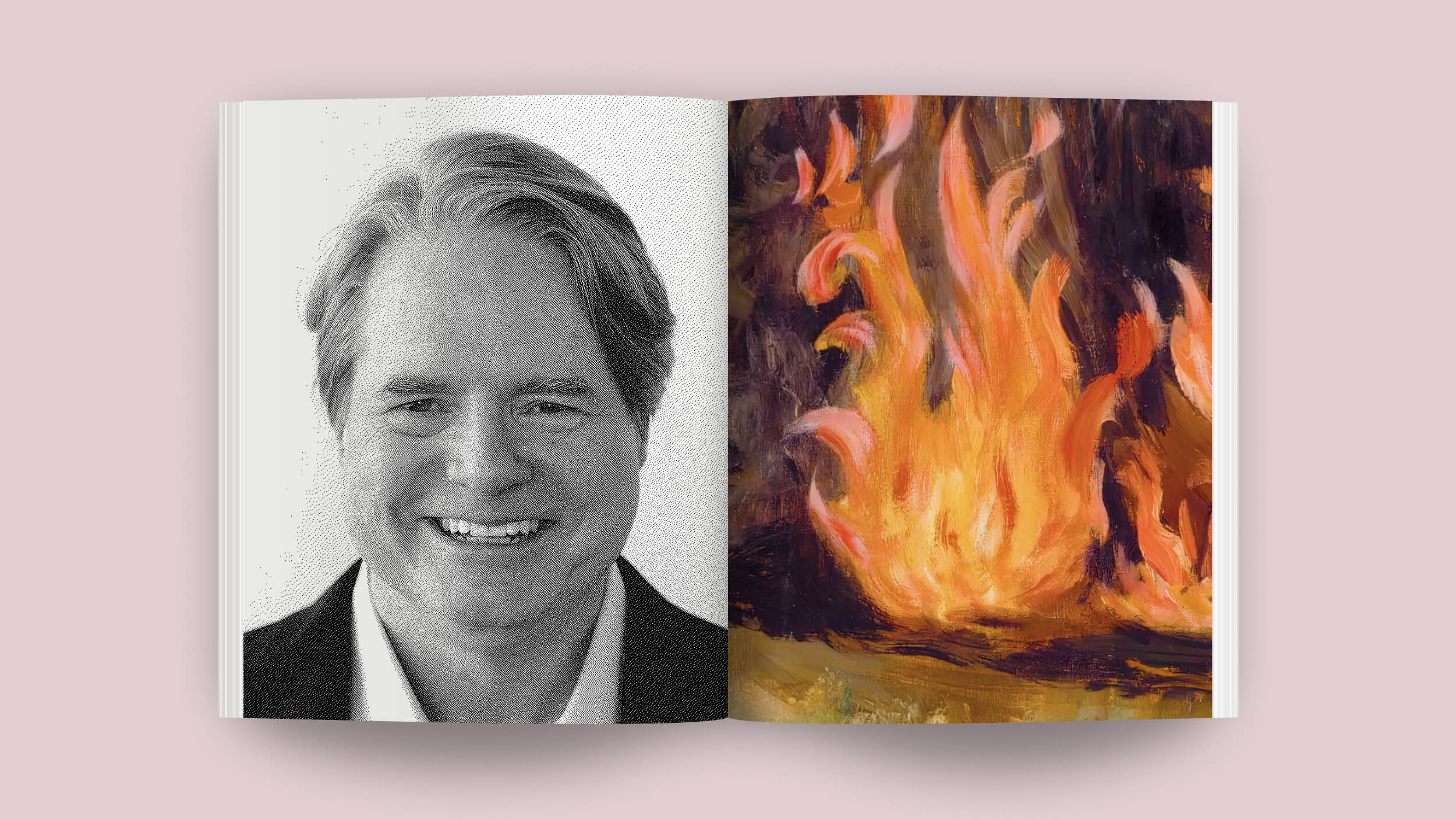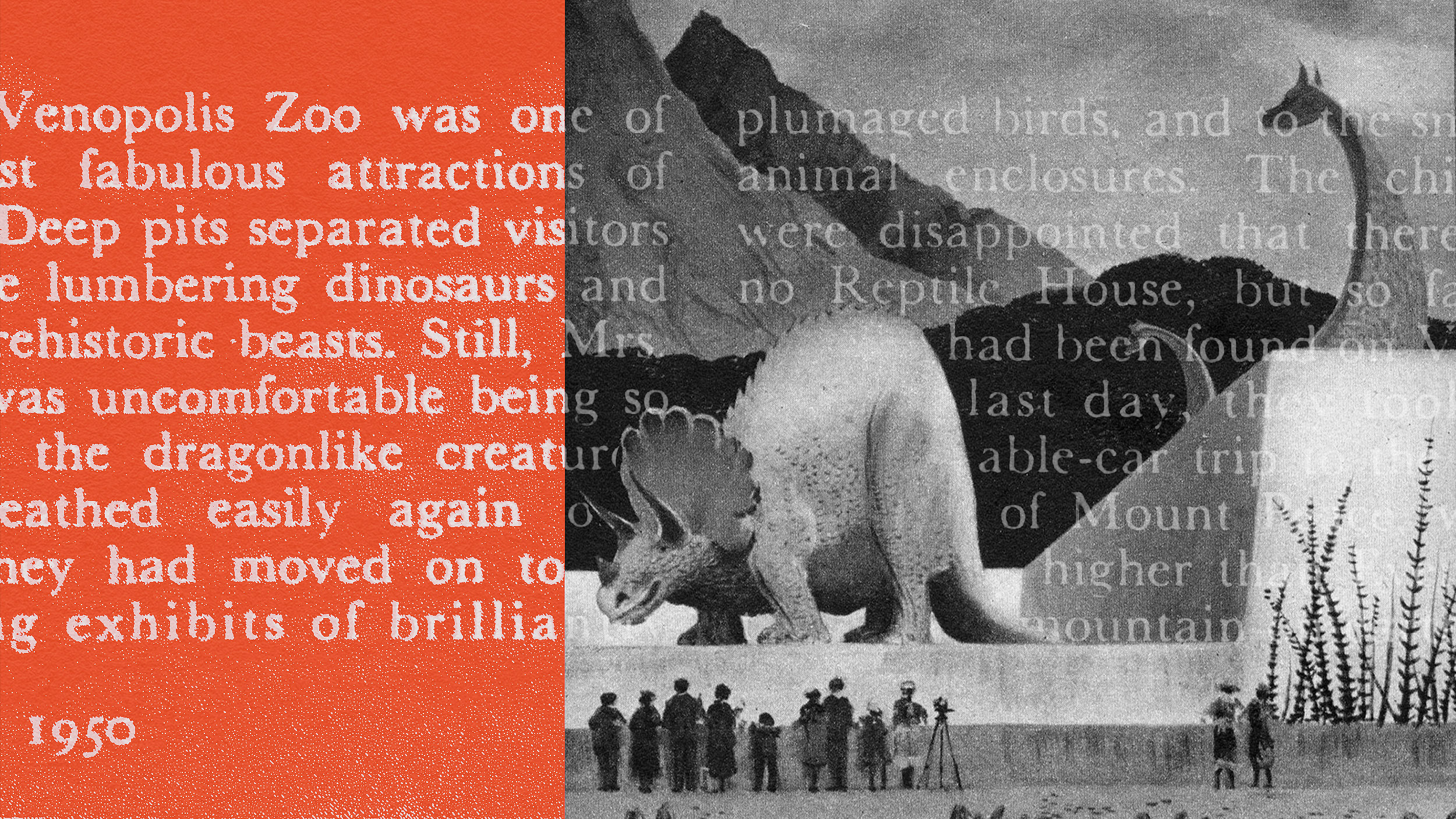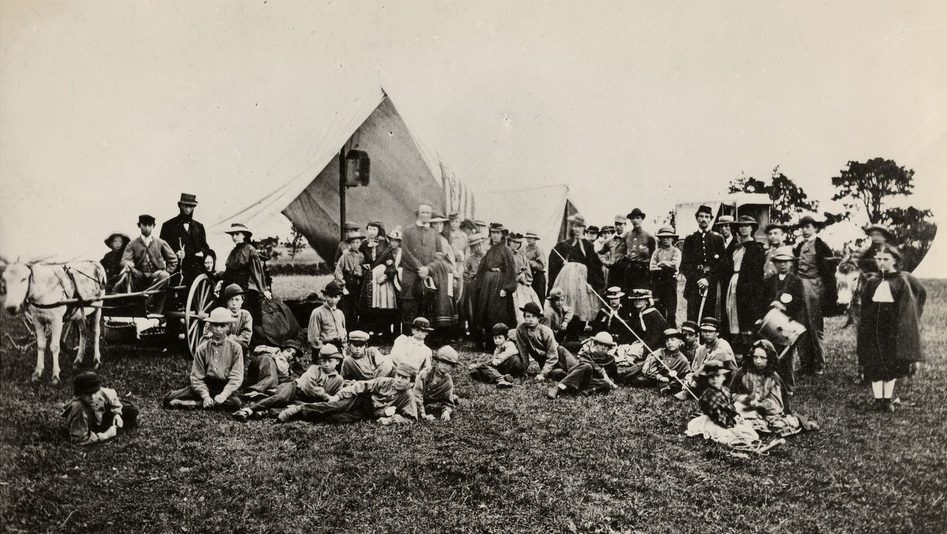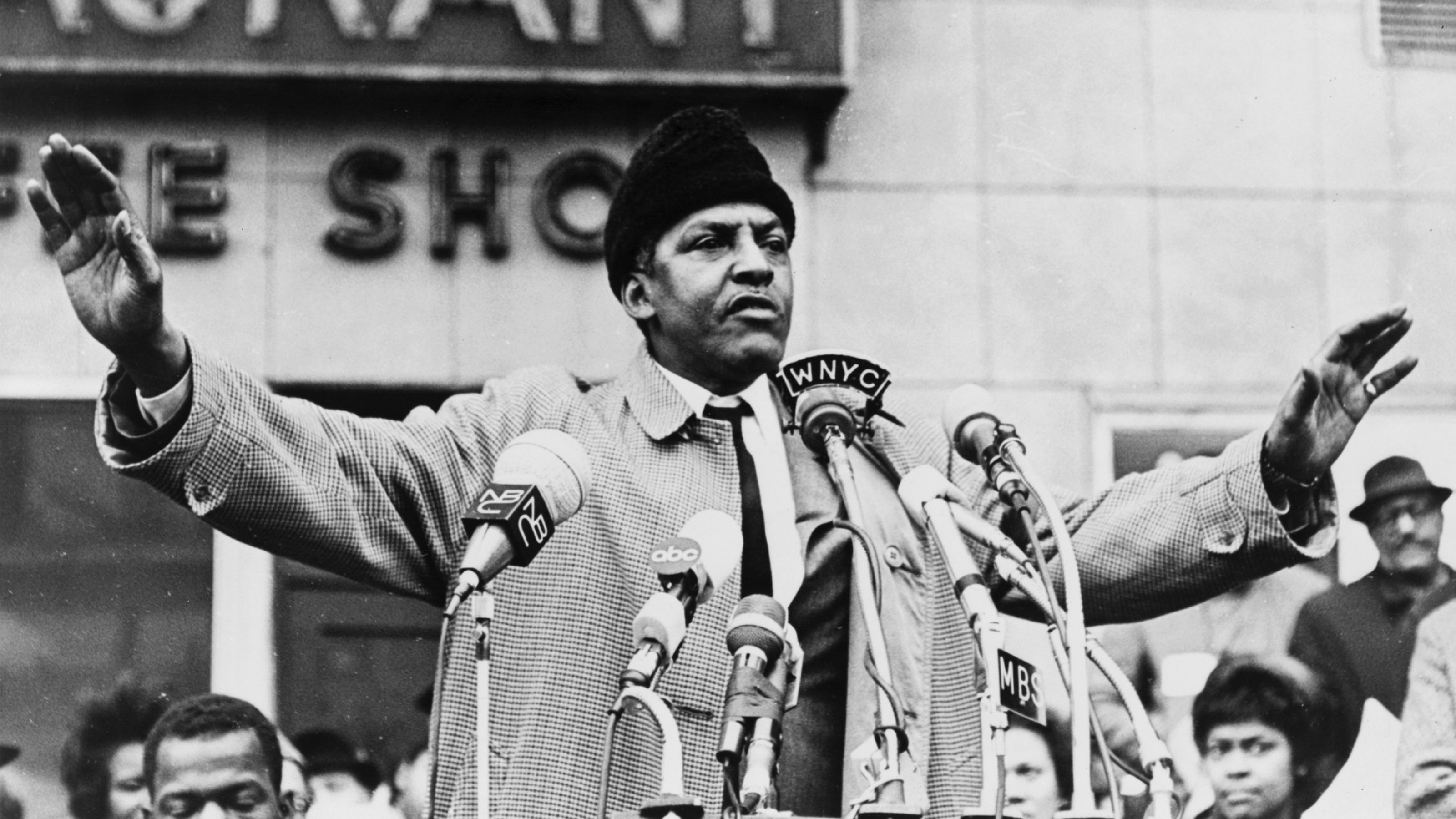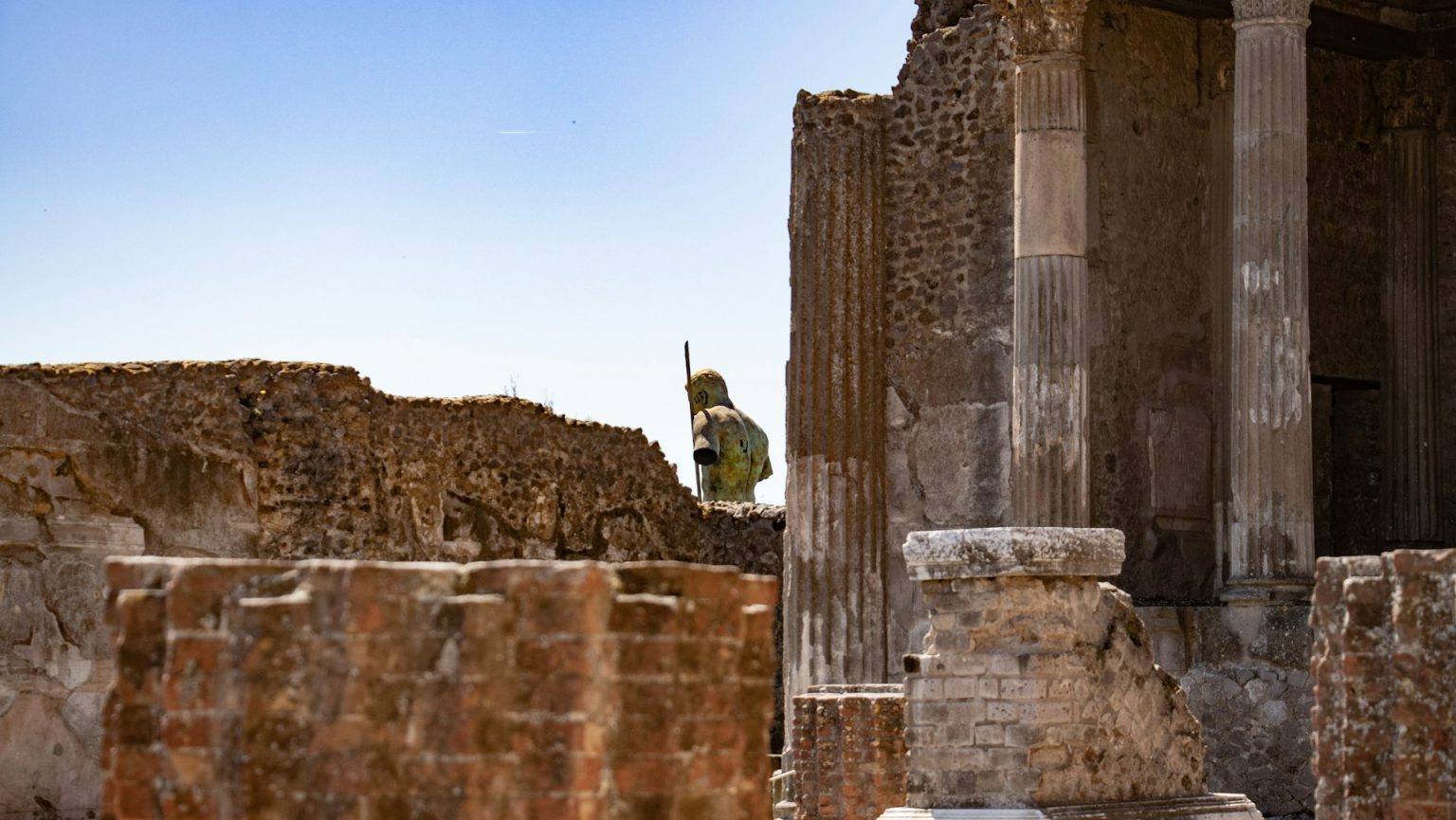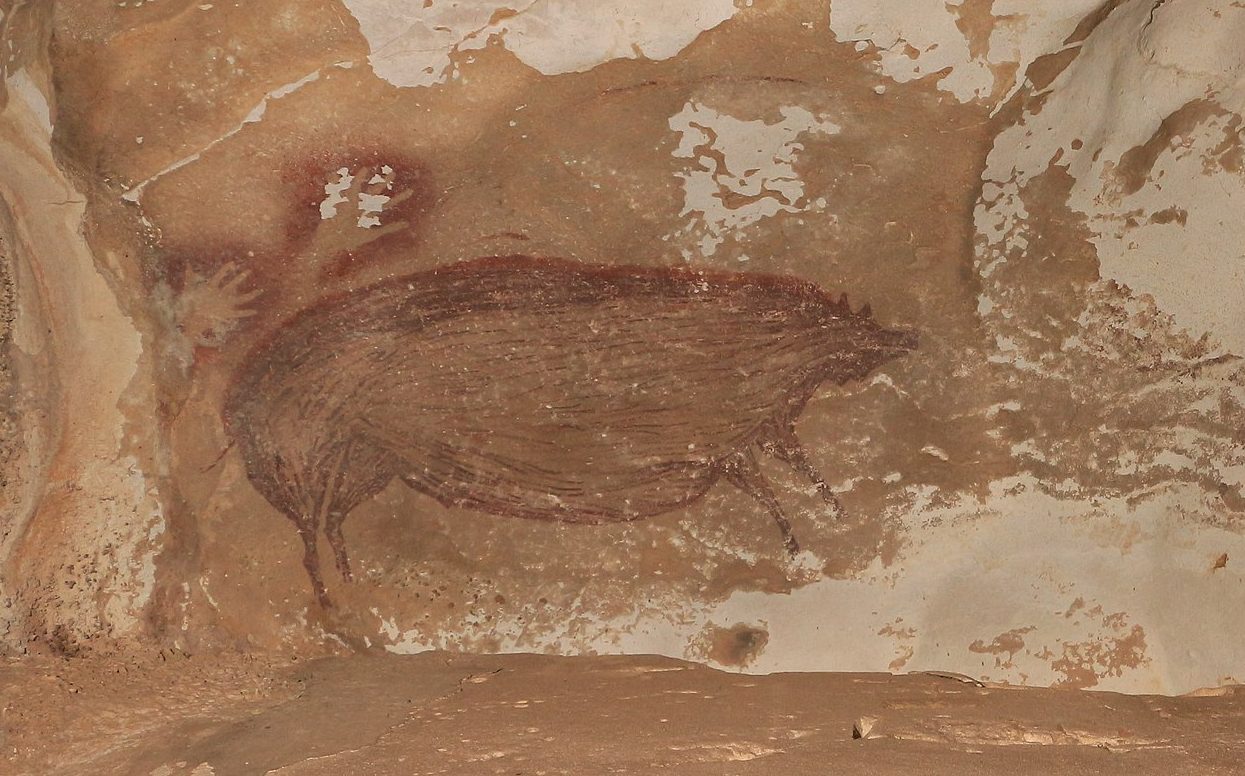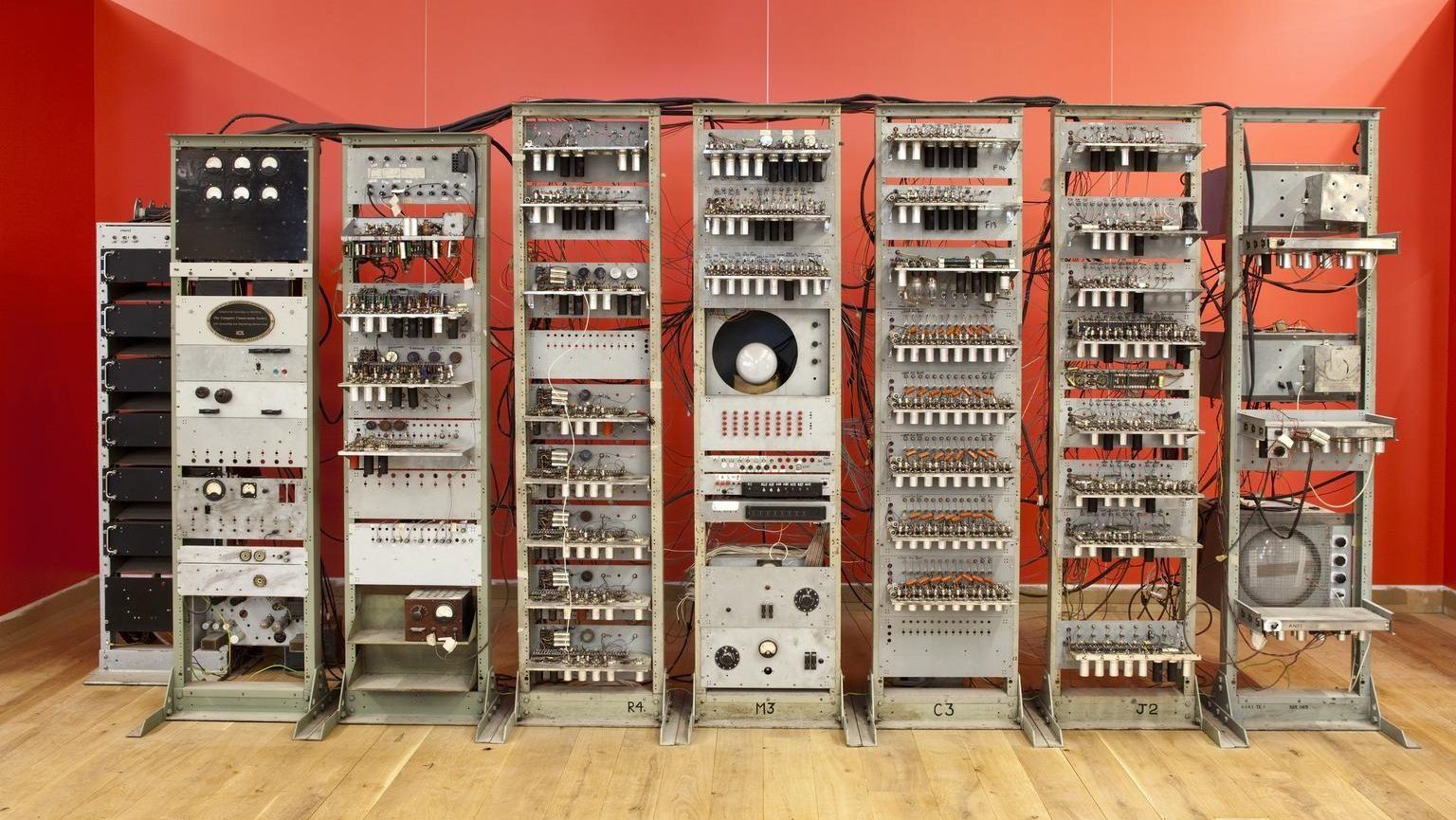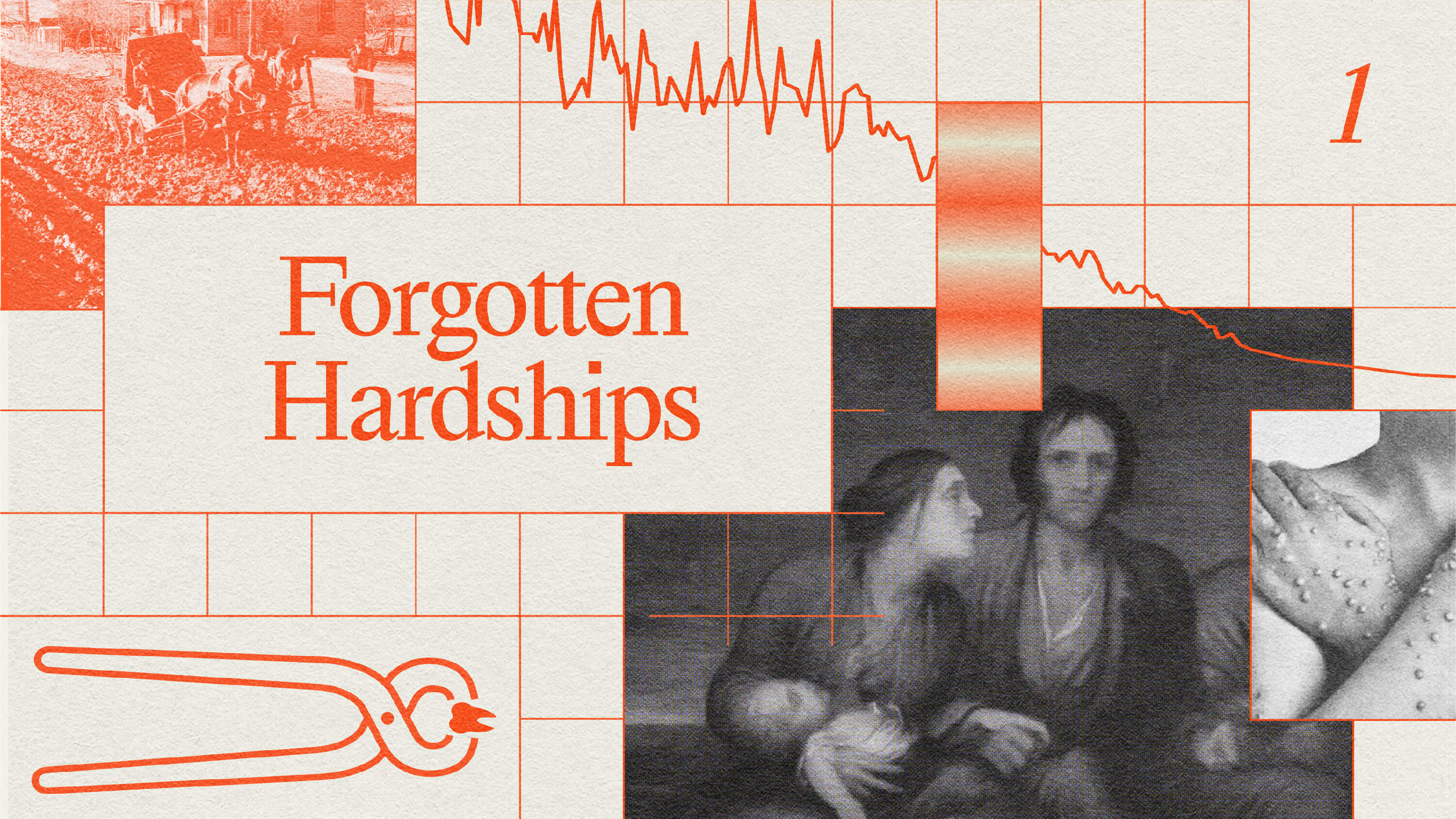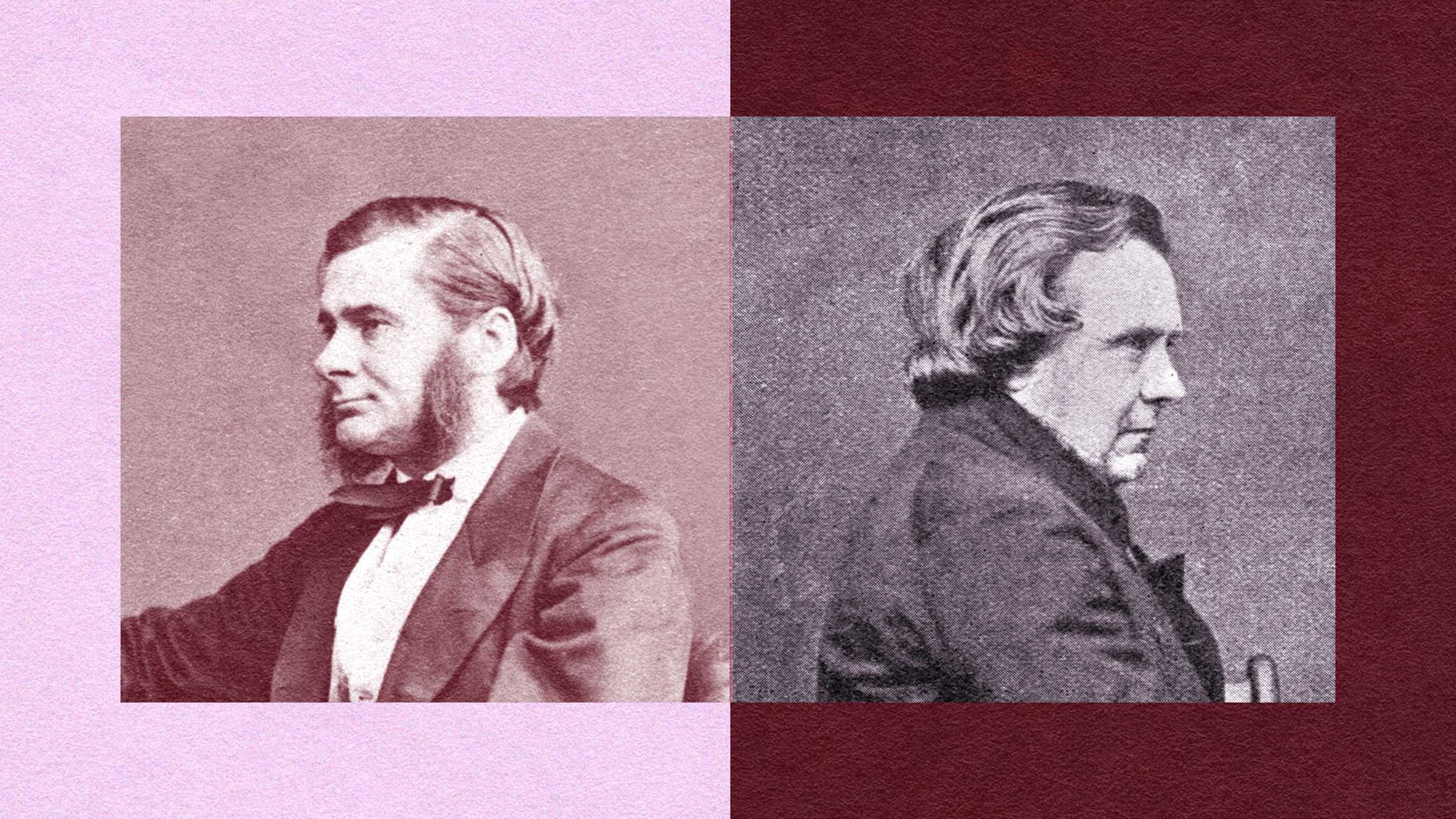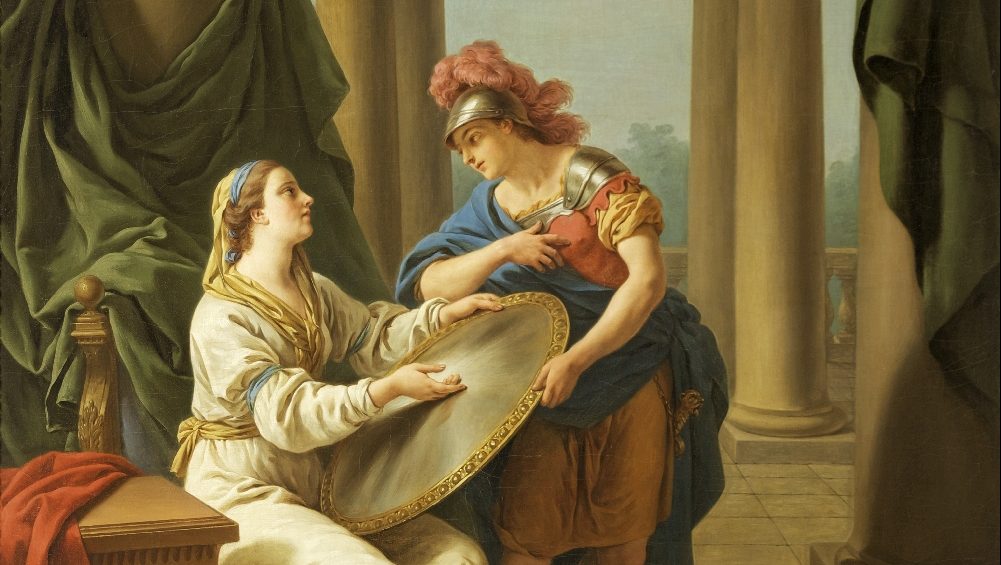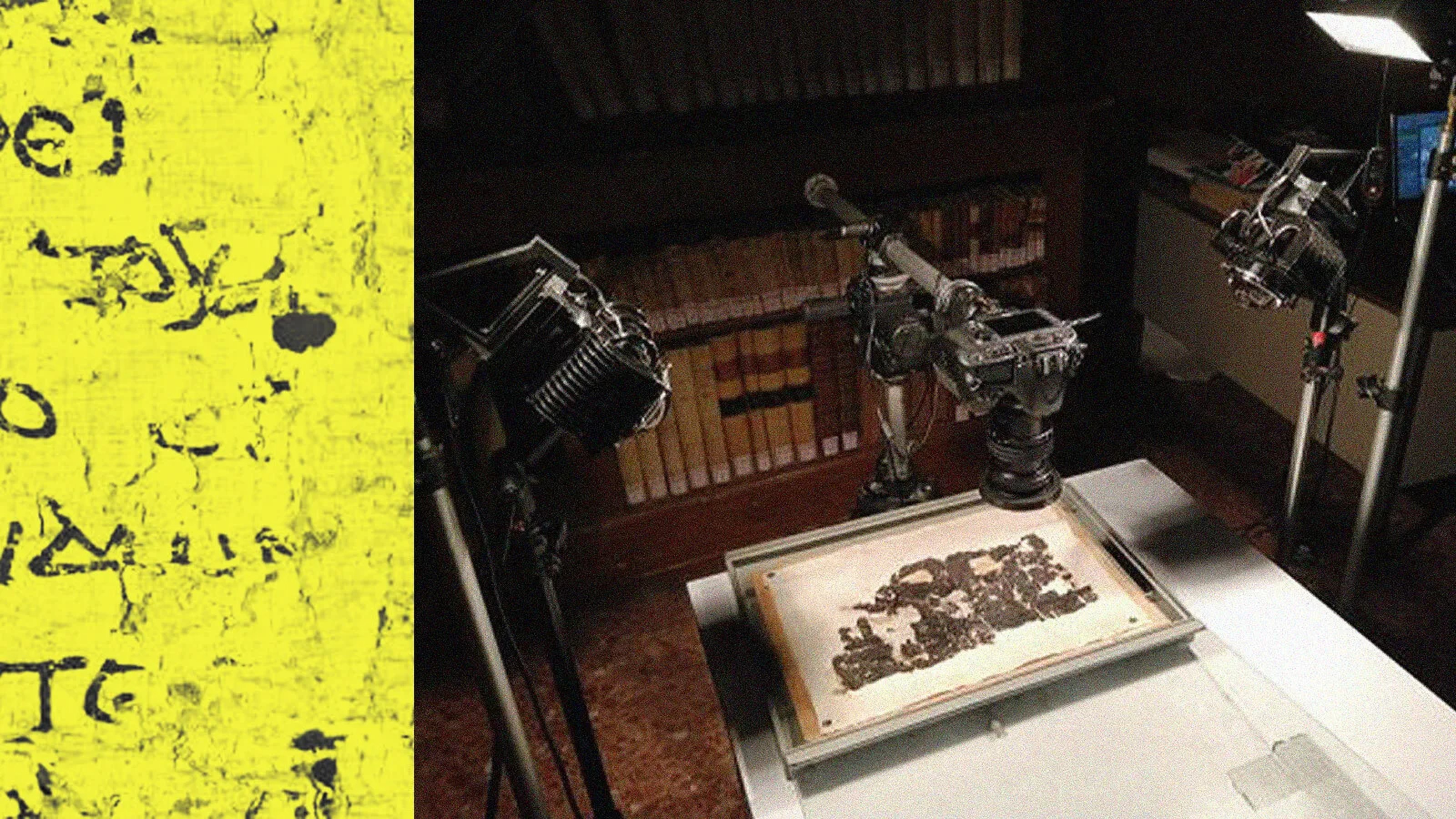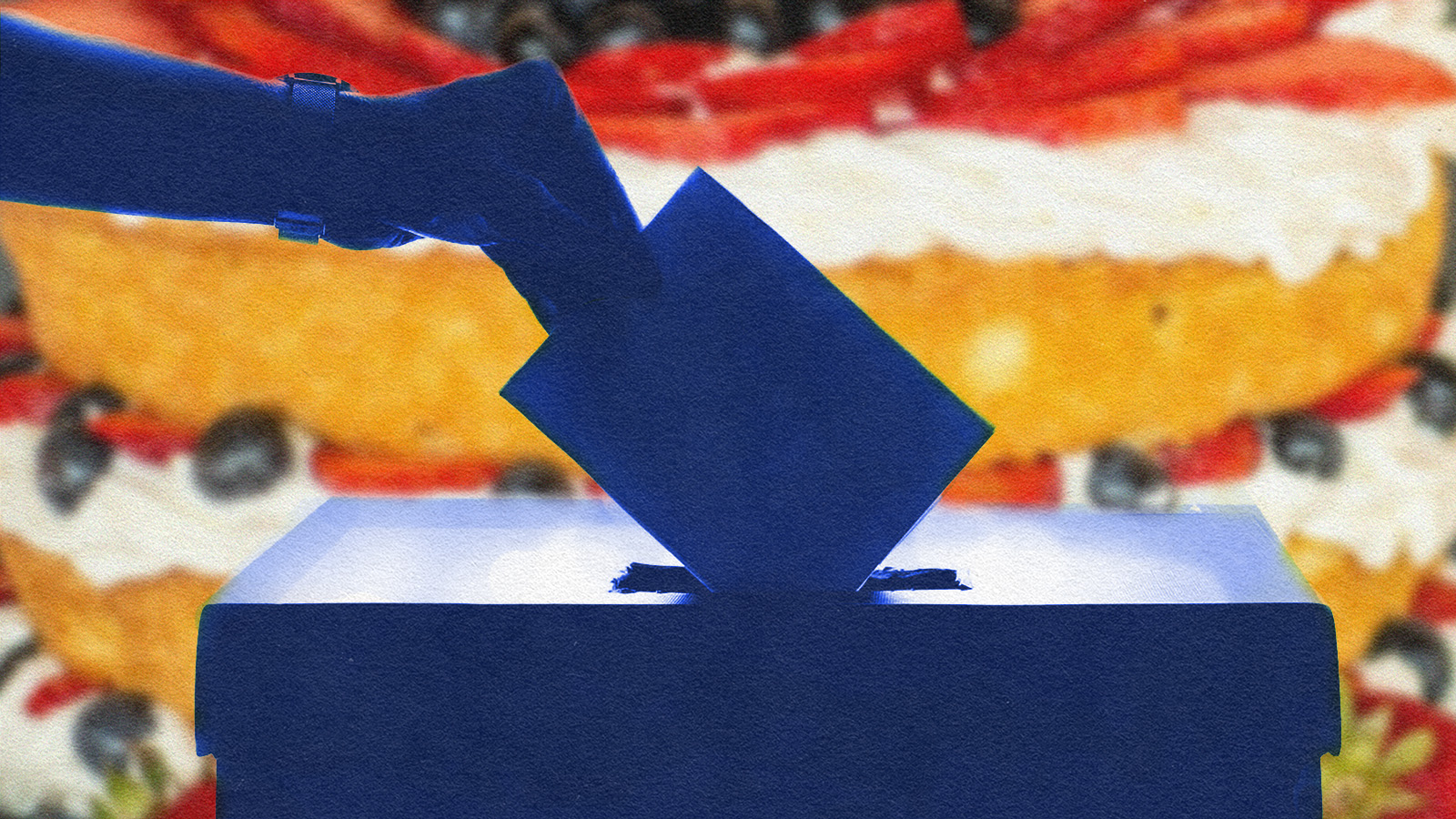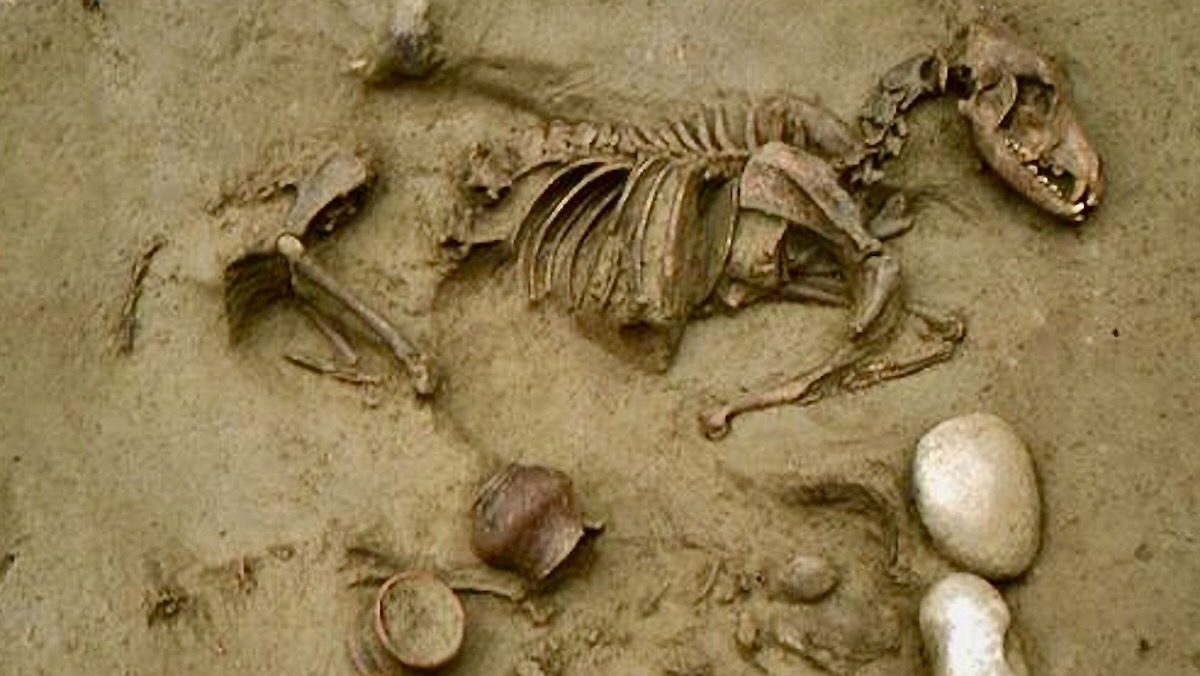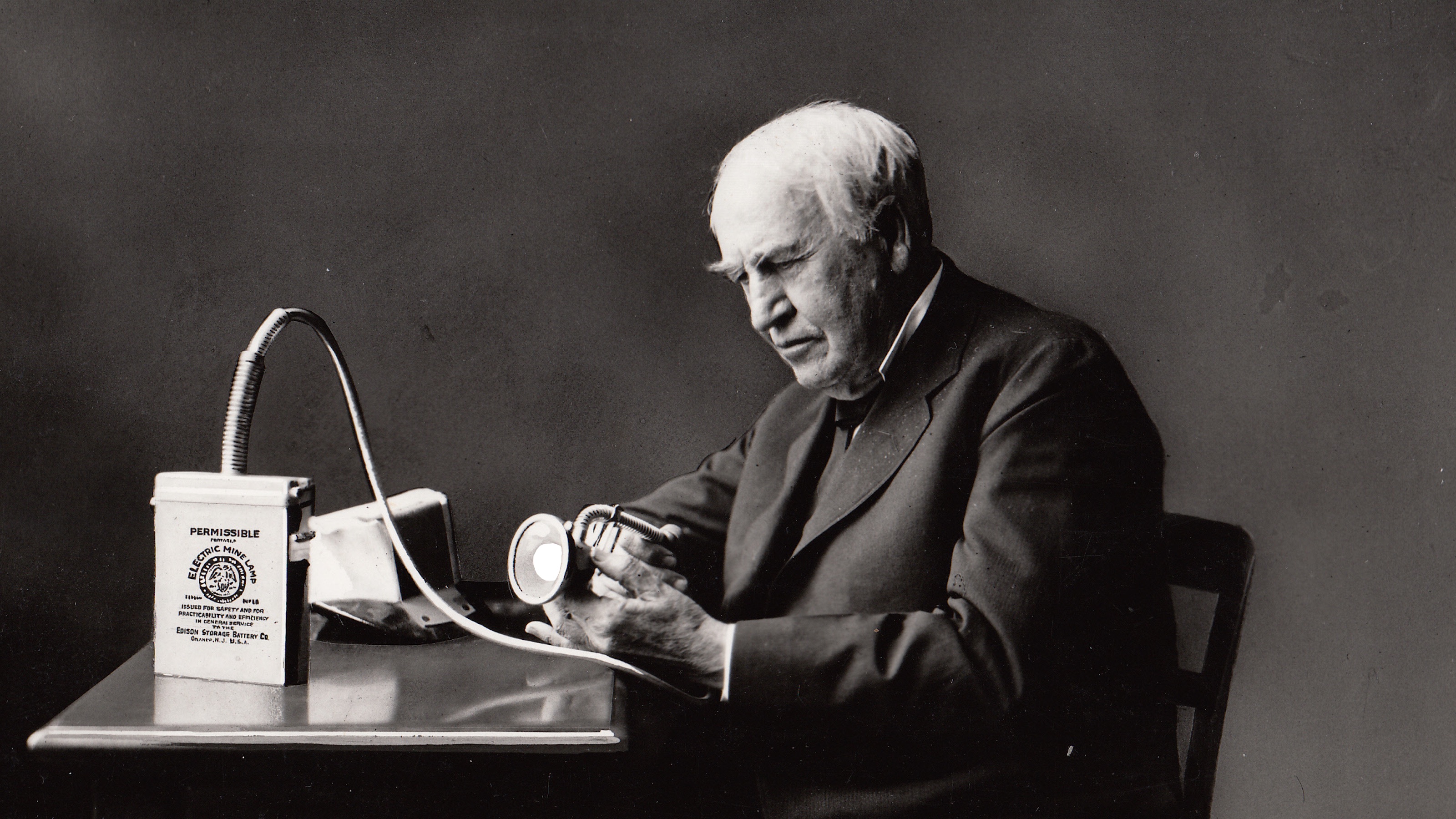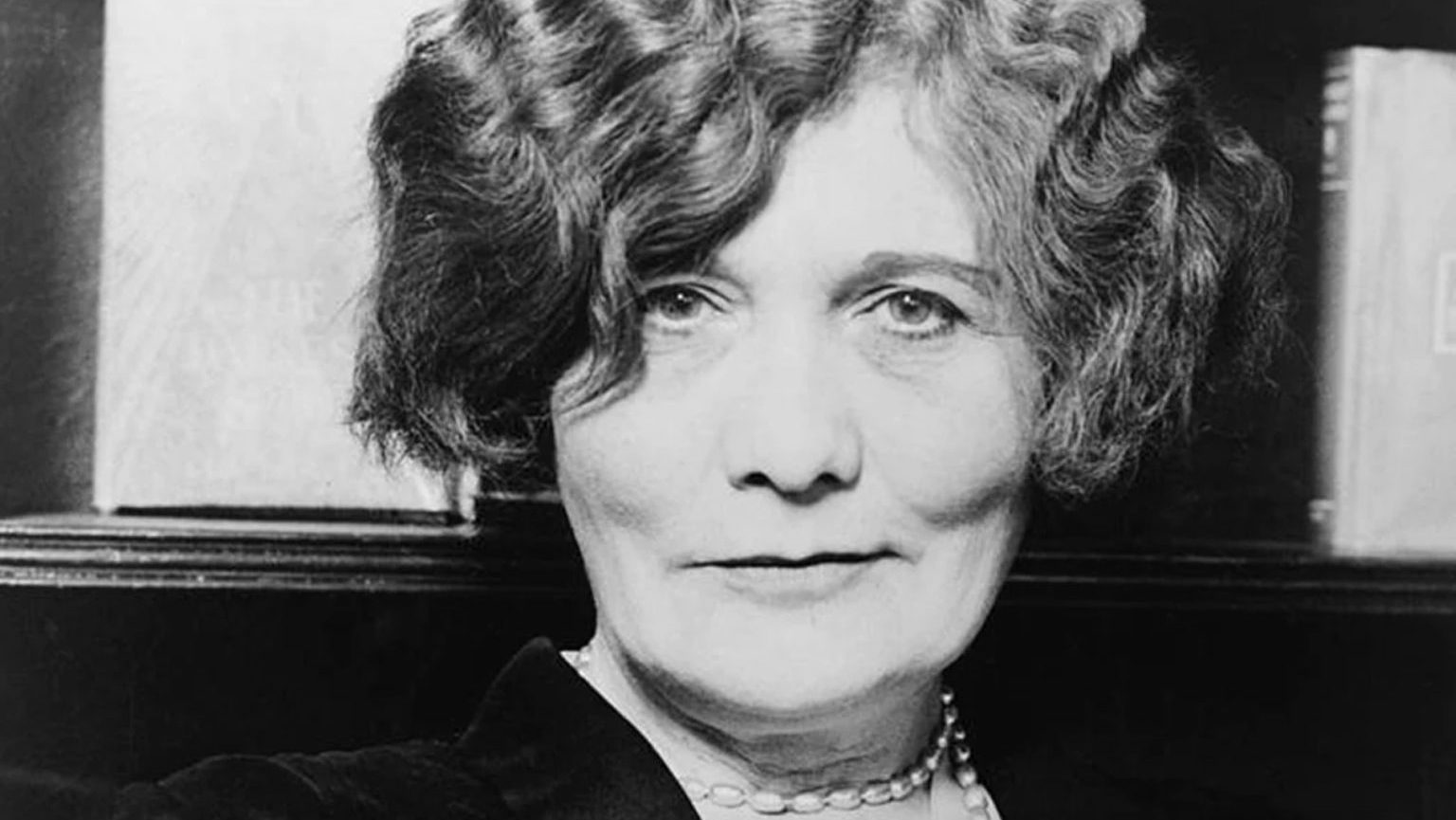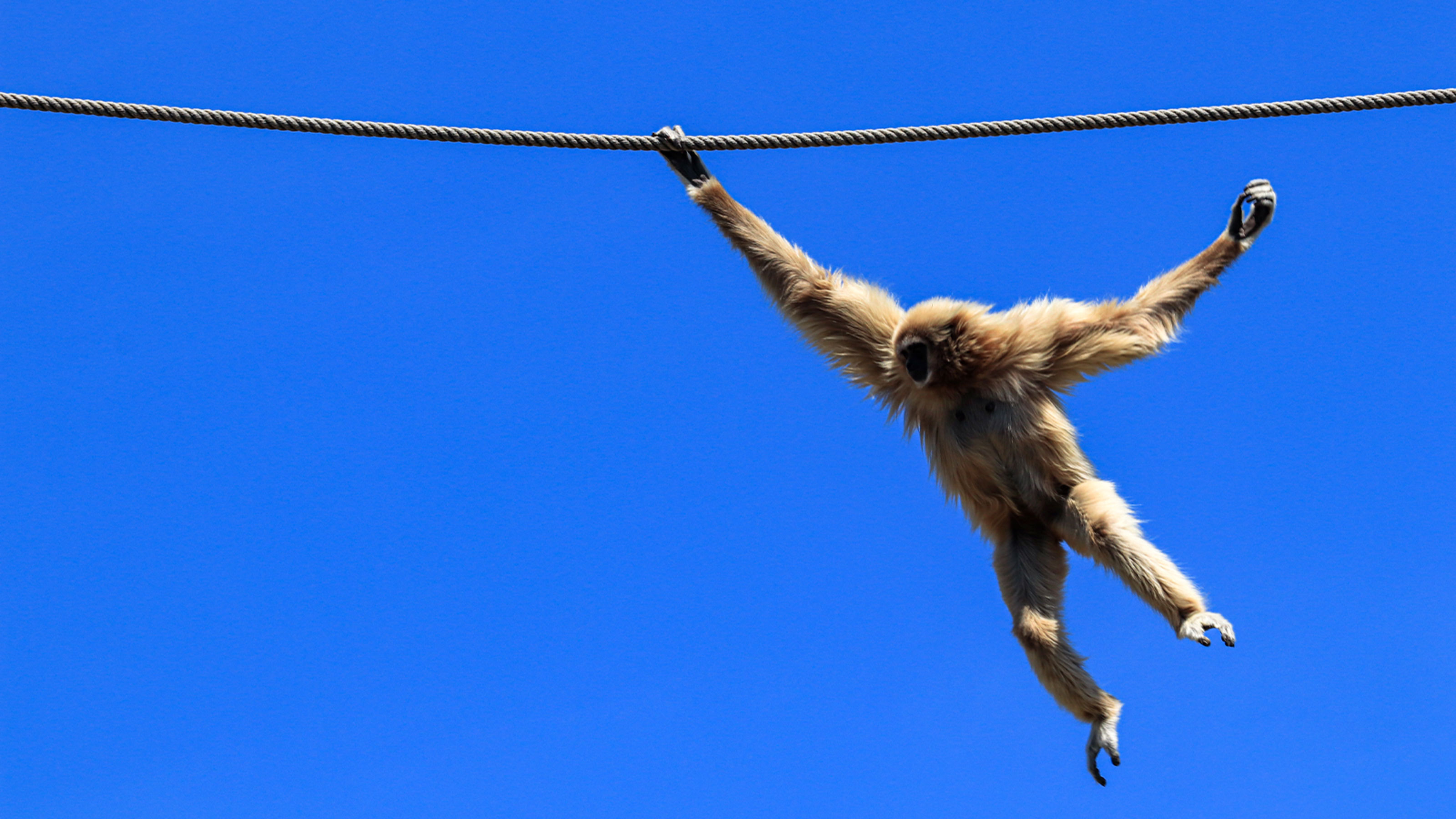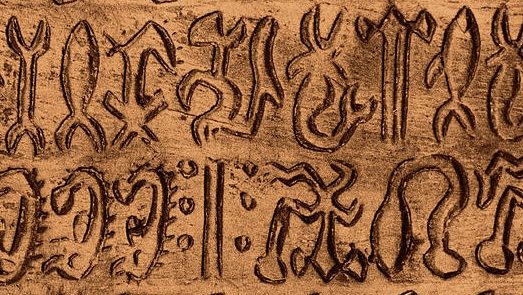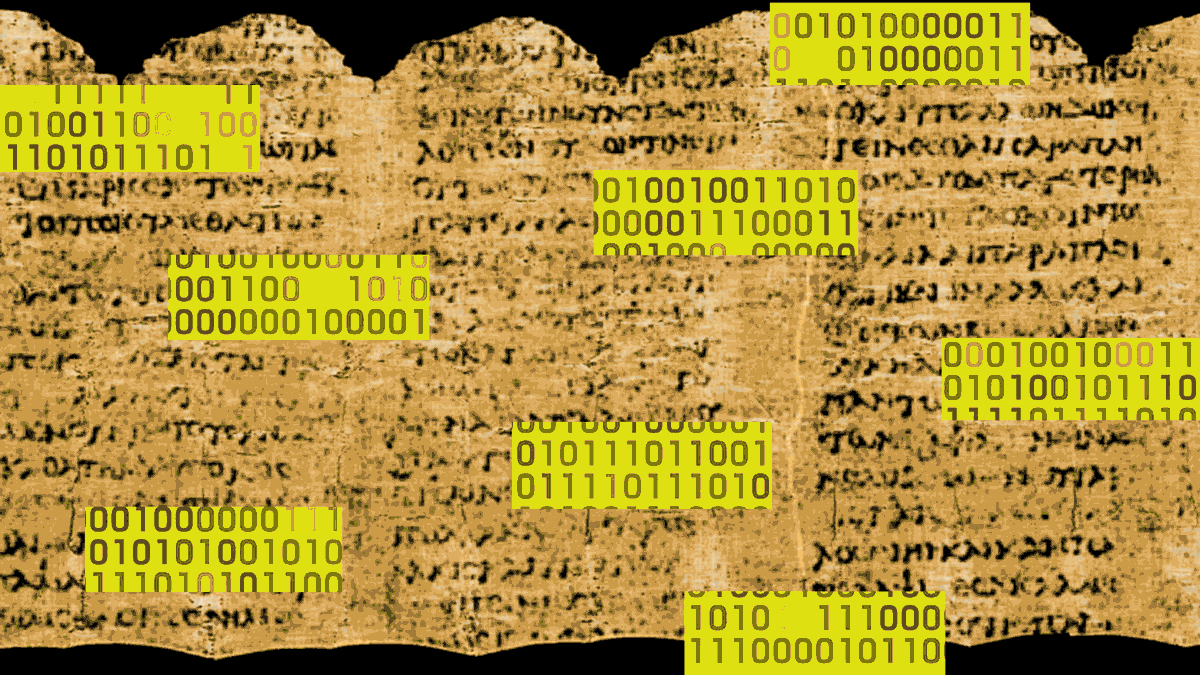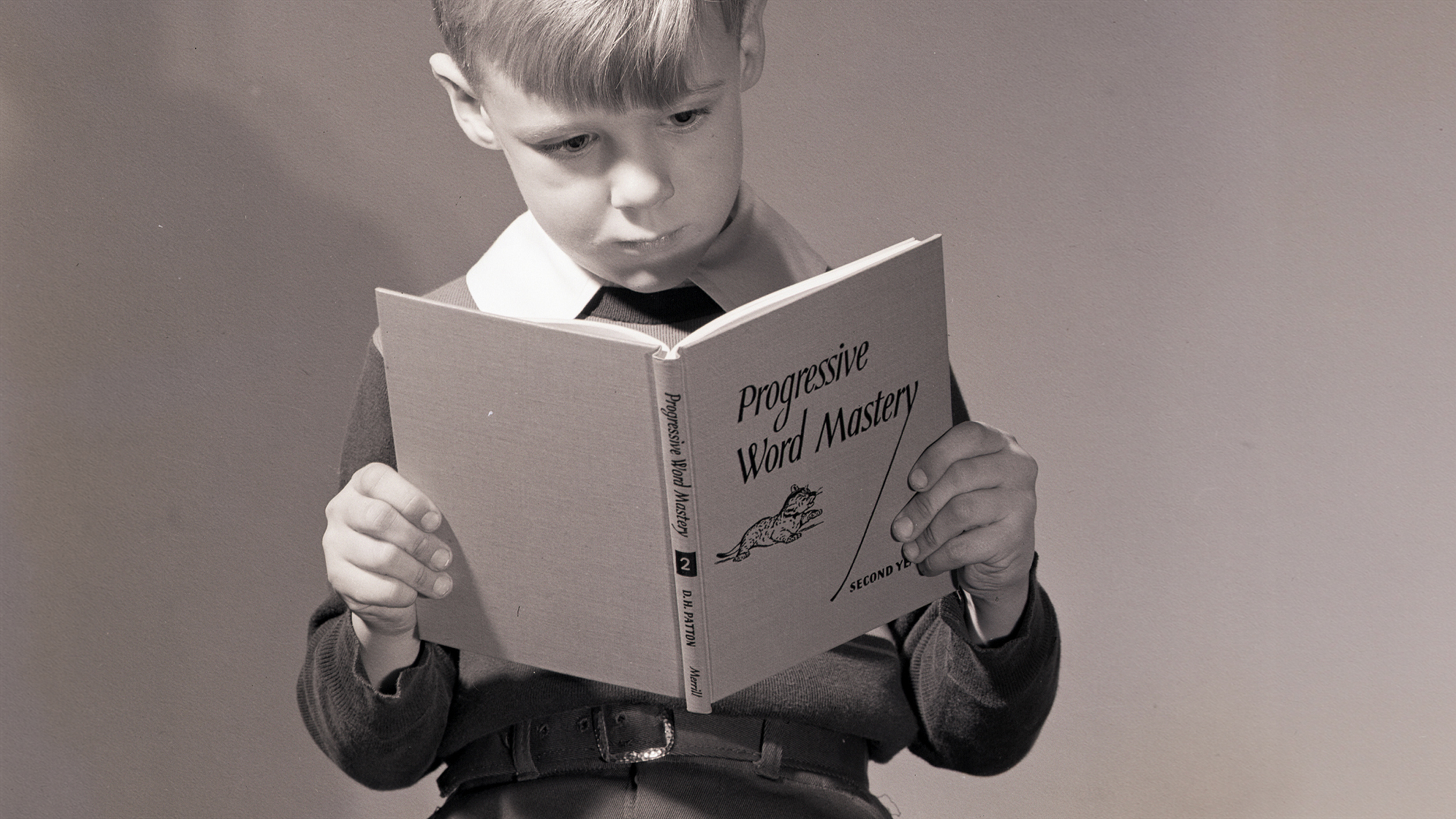From tribal hunts to Stonehenge and into the modern day, the peer instinct helps humans coordinate their efforts and learning.
The controversial theory about magic mushrooms and human evolution gets a much-needed update.
Dinosaurs and other beasts were once thought to be the “undisputed masters” of Venus.
The annual rite of passage has always been more about the ambivalence of adults than the amusement of children.
Famed activist Bayard Rustin constantly faced the dilemma of coordinating collective pursuits among diverse groups of people.
How “Catastrophe and Social Change” (1920) became the first systematic analysis of human behavior in a disaster.
Slowing growth and limiting development isn’t living in harmony with nature—it is surrendering in a battle.
In popular culture, the eruption is usually depicted as an apocalyptic event.
From surviving on wild plants and game to controlling our world with technology, humanity’s journey of progress is a story of expanding human agency.
An analysis of Indonesian cave paintings is reframing the history of human art, though whether the paintings really were created by human hands remains an open question.
Alan Turing and Christopher Strachey created a ground-breaking computer program that allowed them to express affection vicariously when so doing publicly, as gay men, was criminal.
9 minutes of cruel history may cure the anti-progress delusion.
The true story of the shot that “reverberated through England” when science collided head-on with religion.
While the concept stretches back centuries, it has garnered significant attention in recent decades.
Concerns about privacy and pressures regarding the physical appearance of women and their homes contributed to the failure of AT&T’s 1960s Picturephone.
In ancient Sparta, it was accepted practice for more women to marry and have children by more than one man.
How (not) to end up in the ash heap of history.
The burial spot was found in one of the Herculaneum scrolls charred by Mt. Vesuvius.
Author A.J. Jacobs explores how voting has changed since the days of the Founding Fathers — for better and for worse.
A poignant, 2,000-year-old burial in northern Italy could be the latest evidence of an ancient friendship.
On the morning of April 20, 1961, all conditions were “go” for an attempt at free flight. A man was on standby with a fire extinguisher. Just in case.
Plagues, war, and genocide were literally frozen in time.
During the industrial era the cost of artificial light fell off a cliff — and the road to illumination was paved with ingenuity and slaughter.
“Chicago May” was a classic swindler who conned her way around the world in the early twentieth century. She was also a sign of hard times.
A rift in thinking about who should control powerful new technologies sent the brothers on diverging paths. For one, the story ended with a mission to bring science to the public.
The truth may be out there — but it’s not in these close encounters of the third kind.
CRISPR study helps answer a question that has long puzzled scientists.
New radiocarbon dating reveals astonishing insights.
These scrolls are the only remaining intact library of ancient Rome — and they will crumble at a touch.
The National Defense Education Act of 1958 meshed with white anxiety about the desegregation of schools.
